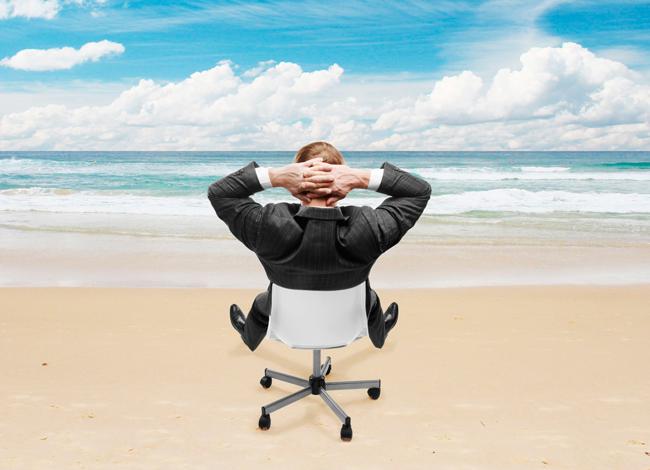With so much focus on the Covid-19 virus itself, many discuss other health consequences of the pandemic — namely, the mental health of workers and businesses engaging in remote work and a hybrid work environment.
Daniel R. Wilson, M.D., Ph.D., president of Western University of Health Sciences in Pomona, is a noted international scholar in psychiatry, anthropology, and the impact of stress on developmental behavior. As a university president and medical scholar, President Wilson understands the dangers isolation and burnout can cause. Those unaccustomed to remote are at an elevated risk of issues with their mental health.
“Daily social interactions help reinforce a person’s sense of well-being. Those unaccustomed to remote work may be unaware of the toll isolation is taking on both their mental and physical health as studies show isolation can be twice as damaging as obesity,” Wilson explains.
“There’s an added pressure to work longer hours, especially with the lack of social options in quarantine. However, burnout will have a negative toll on a person’s quality of work and family life,” he adds.
When it comes to combatting isolation and burnout caused by remote work, Wilson suggests:
• Maintaining a daily routine, which includes breaks for exercise and social interaction
• Carving out a work area, which can serve as a place that helps separate work from personal life
• Prioritizing a sleep routine
• Turning off email notifications during non-work hours
“Pay attention to people’s mental health. When people go remote, they can disappear into a dark place,” said Sharon Koifman, author of the new book Surviving Remote Work (available on Amazon), in a recent interview with The Dishh.“It’s up to both managers and fellow employees to catch each other as if they were in the office.”


